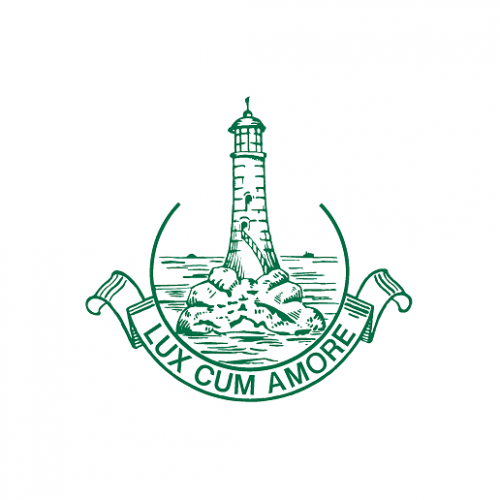
Know Me Guide Me Update
Learning and Curriculum
It has already been an exciting year in the curriculum and teaching and learning space. Our focus has been working with our kaiako to support them around both knowing their learners and being able to guide them. This sits beautifully with our focus around ‘Know Me, Guide Me’’
There are big changes coming for NCEA and Curriculum in 2024 and beyond. In order to support our rangatahi we held both Year 10 and Year 11 Assemblies around NCEA. The Year 10 students arrived a little confused as to why they were attending an NCEA assembly. Early in the term we knew it would be great for our Year 10 rangatahi to have the opportunity to sit the new Literacy and Numeracy Co-requisites this year. This will give them a head start on NCEA in 2024 and provide vital information for us in terms of meeting their needs around this. It is important that students are ready and we are adapting our programmes to ensure that students have the best preparation available. We have teams of staff who are working to support Literacy and Numeracy skills to be delivered throughout the curriculum. Many Year 10 students will sit the NCEA Literacy and Numeracy Standards in June, and the remainder of the year level will get an opportunity in late October. This is exciting as many students may enter Year 11 with a vital part of their NCEA qualification.
As further support, we held an NCEA Information Evening on March 21, which was attended by over 200 people. It is heartening to see that when we open our doors, our community is so invested in supporting both our kura and their child.
Our focus on ‘know me, guide me’ has meant that our staff professional learning is centered around providing students with targeted feedback and feedforward. If our students know better, then they can do better. We hope you are enjoying our new fortnightly reports, which are designed to keep you informed and connected more regularly.
This term has also seen our kura work with ImpactED on reviewing many areas of our school, namely: Rakahuri, Wānanga, Modules, Semesterisation and Ako. This involved gathering voice from staff, students and whānau. We thank you for your valued contribution, and we are now at the stage where we have ‘key findings’, these included:
AKO:
The current Ako structure is not well-received by whānau and the community.
The delivery of Ako program lacks connectedness and continuity, which hinders it’s effectiveness in preparing students for Year 11 and beyond.
There was also concern about the amount of time that was allocated to the subject areas in Ako.
Wānanga:
The intent behind Wānanga is seen as a potential vehicle for building positive relationships.
There was an agreement that too much time is allocated to Wānanga across the timetable.
Modules/Semesterisation:
The choices on offer is seen as a strength of the school’s curriculum.
There was agreement that the length of modules and semesters was too short to deepen learning and build relationships.
There was also opinion that the timing of module and semester changeover was a barrier to teaching and learning.
Rakahuri:
The physical environment of Rakahuri presents challenges for both kaiako and ākonga.
Issues identified included: noise, visibility issues, temperature. These were identified as hindering learning.
Our next steps include working with a rōpū of teachers to work through the key findings to build solutions for 2024 and beyond.
We look forward to Term 2 as these exciting challenges continue.
Haidee Tiffen
Paula McDonald
